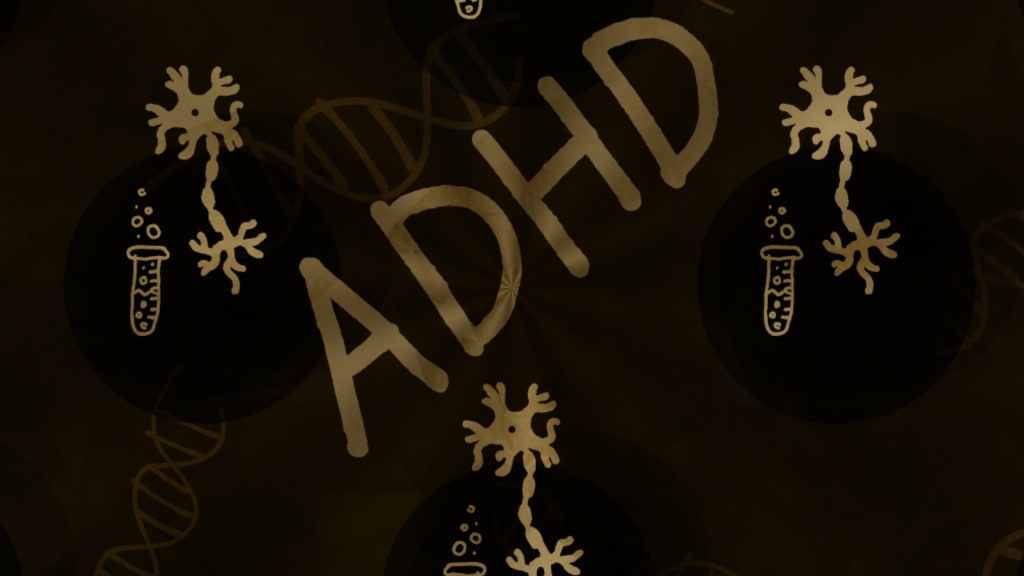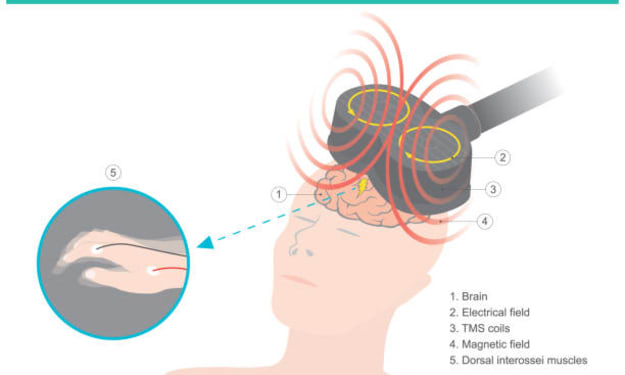Demystifying ADHD
Understanding and Nurturing the Brilliantly Diverse Mind

Attention Deficit Hyperactivity Disorder (ADHD) is a neurodevelopmental condition that affects individuals of all ages. This article aims to shed light on the intricacies of ADHD, dispel common misconceptions, and highlight strategies for support and empowerment.
Understanding ADHD
ADHD is a neurodevelopmental condition characterized by persistent inattention, hyperactivity, and impulsivity that often begins in childhood and can persist into adulthood. Individuals with ADHD may struggle with maintaining focus, organizing tasks, regulating emotions, and controlling impulses.
There are three main subtypes of ADHD: predominantly inattentive, predominantly hyperactive-impulsive, and combined type. The predominantly inattentive subtype is characterized by difficulties with sustained attention, forgetfulness, and a tendency to be easily distracted. The predominantly hyperactive-impulsive subtype involves excessive physical restlessness, impulsivity, and difficulty waiting or taking turns. The combined type includes symptoms of both inattention and hyperactivity-impulsivity.
It is important to note that ADHD exists on a spectrum, and symptoms can vary widely among individuals. While ADHD poses challenges, it’s crucial to recognize that individuals with ADHD often possess unique strengths, such as creativity, problem-solving abilities, and hyperfocus. With proper diagnosis, understanding, and support, individuals with ADHD can learn effective coping strategies, develop self-management techniques, and lead fulfilling and successful lives.
Impact on Daily Life
ADHD can have a significant impact on various aspects of daily life. Individuals with ADHD may struggle with organizational skills, time management, and maintaining attention, affecting academic or work performance. They may need help staying focused on tasks, leading to decreased productivity and potential challenges in meeting deadlines or following through with responsibilities. Additionally, impulsivity can manifest as impulsive decision-making, interrupting others during conversations, or engaging in risky behaviors without considering the consequences.
ADHD can also impact social interactions and relationships. Difficulties with impulse control and inattentiveness may make listening challenging, leading to misunderstandings or strained communication. The hyperactivity component of ADHD can make it hard for individuals to sit still, leading to restlessness and fidgeting, which can be perceived as disruptive in certain situations. These challenges may contribute to frustration, low self-esteem, and difficulties forming and maintaining friendships or romantic relationships.
However, with proper diagnosis, treatment, and support, individuals with ADHD can learn strategies to manage their symptoms effectively. Techniques such as developing routines, using reminders and organizational tools, and learning self-regulation skills can help mitigate the impact of ADHD on daily life, enabling individuals to thrive in various domains and build fulfilling relationships.
Myths and Realities
There are several myths surrounding ADHD that contribute to misunderstandings and stigma. One common myth is that ADHD is solely a result of laziness or lack of discipline. ADHD is a neurodevelopmental condition rooted in genetic and neurological factors affecting the brain’s attention regulation, impulsivity, and executive functioning. Another myth is that ADHD only affects children and is outgrown in adulthood. However, ADHD can persist into adulthood, presenting unique challenges in various aspects of life.
It is essential to dispel the myth that individuals with ADHD are unintelligent or incapable of success. Many individuals with ADHD possess exceptional creativity, out-of-the-box thinking, and the ability to hyperfocus on tasks of interest. While ADHD may present obstacles, with proper diagnosis, treatment, and support, individuals with ADHD can learn effective coping strategies, leverage their strengths, and thrive in academic, professional, and personal pursuits. Understanding the realities of ADHD helps foster empathy, acceptance, and a supportive environment for individuals with this condition.
Strategies for Success
Implementing effective strategies can significantly contribute to the success of individuals with ADHD. Establishing a structured routine and consistent schedule can help individuals with ADHD manage their time more effectively and reduce the likelihood of forgetfulness or disorganization. Breaking tasks into smaller, manageable steps can make them feel more achievable and prevent overwhelming feelings. Tools like calendars, reminders, and task lists can also assist with organization and planning.
Seeking support from professionals, such as therapists or coaches specializing in ADHD, can provide valuable guidance and strategies tailored to individual needs. Learning self-regulation techniques, such as mindfulness or deep breathing exercises, can help manage impulsivity and improve focus. Healthy lifestyle habits, including regular exercise, sufficient sleep, and a balanced diet, can enhance overall well-being and support optimal brain function.
Moreover, building a solid support network of family, friends, or support groups can provide understanding, encouragement, and accountability. Open communication with educators or employers about specific needs and accommodations can also be beneficial. With the right strategies and support, individuals with ADHD can navigate challenges, capitalize on their strengths, and succeed in various life aspects.
Support Systems
Building a solid support system is crucial for individuals with ADHD. This system can include family, friends, educators, healthcare professionals, and support groups. Family support plays a vital role in understanding and accepting the challenges associated with ADHD. Loved ones can encourage, help establish routines, and assist with organization. Friends who are understanding and empathetic can offer emotional support and serve as a source of motivation.
Educators can play a significant role by providing accommodations, such as extra time for assignments or implementing strategies to enhance focus and attention in the classroom. Healthcare professionals, such as therapists or psychiatrists, can offer specialized guidance, medication management, and therapy options tailored to the individual’s needs. Support groups or ADHD-specific communities can create a sense of belonging, provide a platform for shared experiences, and offer practical advice.
By fostering a comprehensive support system, individuals with ADHD can feel empowered, understood, and equipped with the tools necessary to navigate challenges and maximize their potential. Collaboration among various support networks creates an environment that fosters growth, acceptance, and success in managing ADHD.
Thriving with ADHD
Thriving with ADHD involves a multifaceted approach that combines self-care, practical strategies, and embracing one’s unique strengths. Self-awareness is vital, as understanding one’s specific challenges and triggers can help develop personalized coping mechanisms. This may include practicing mindfulness, exercising regularly, maintaining a balanced diet, and getting sufficient sleep to support overall well-being and optimize focus.
Setting clear goals, breaking tasks into smaller steps, and using organizational tools can enhance productivity and time management. Embracing creativity and hyperfocus can be harnessed as strengths, allowing individuals to channel their energy into areas of passion and interest. Building a support network of understanding family, friends, and professionals can provide encouragement, guidance, and accountability.
Seeking appropriate treatment options, such as therapy, medication, or behavioral interventions, can also be crucial in managing symptoms and optimizing success. Ultimately, thriving with ADHD involves self-acceptance, resilience, and a proactive approach to self-care and personal growth. By leveraging strengths, utilizing effective strategies, and accessing support, individuals with ADHD can lead fulfilling lives and unlock their full potential.
Understanding and supporting individuals with ADHD requires empathy, education, and an appreciation for their unique perspectives. By fostering a culture of acceptance and providing necessary resources, we can empower individuals with ADHD to thrive, contributing their incredible talents to society.
About the Creator
Antonio Privitera
A resilient soul, overcoming mental health struggles while inspiring others, destigmatizing mental health, and advocating for a brighter future.






Comments
There are no comments for this story
Be the first to respond and start the conversation.